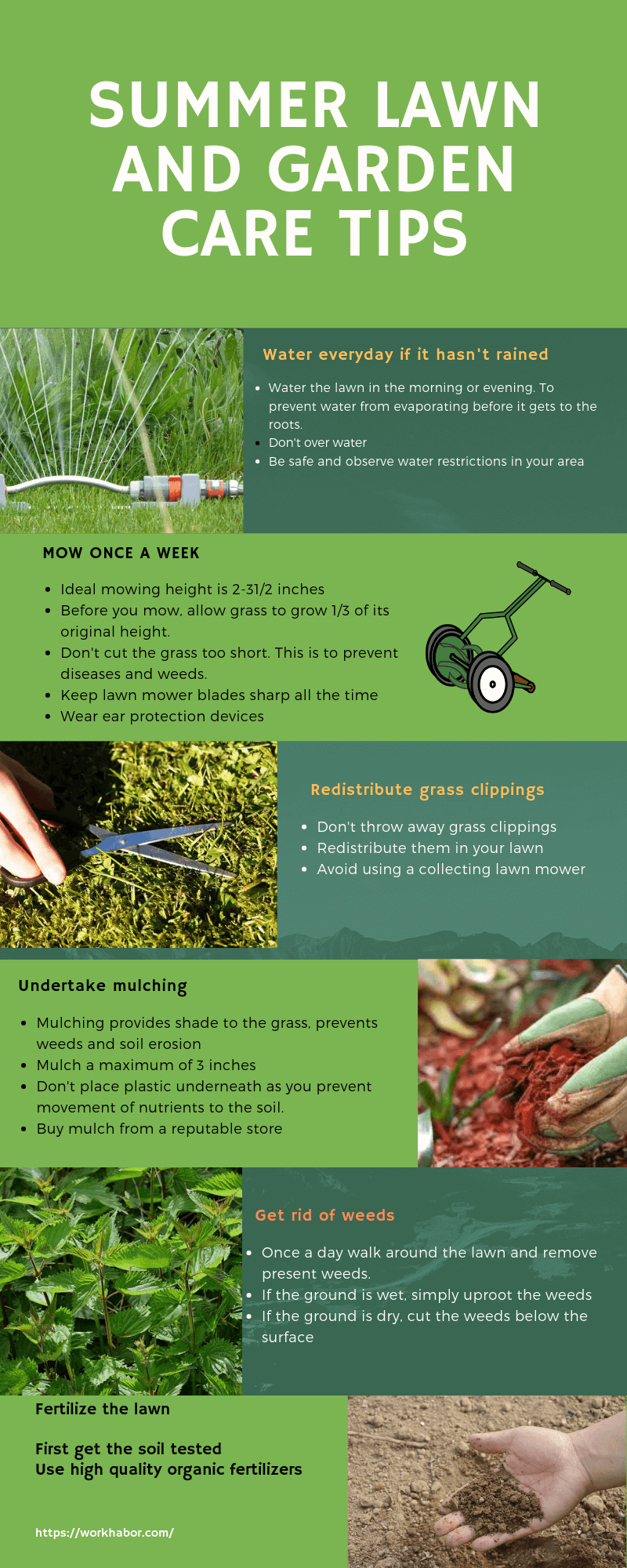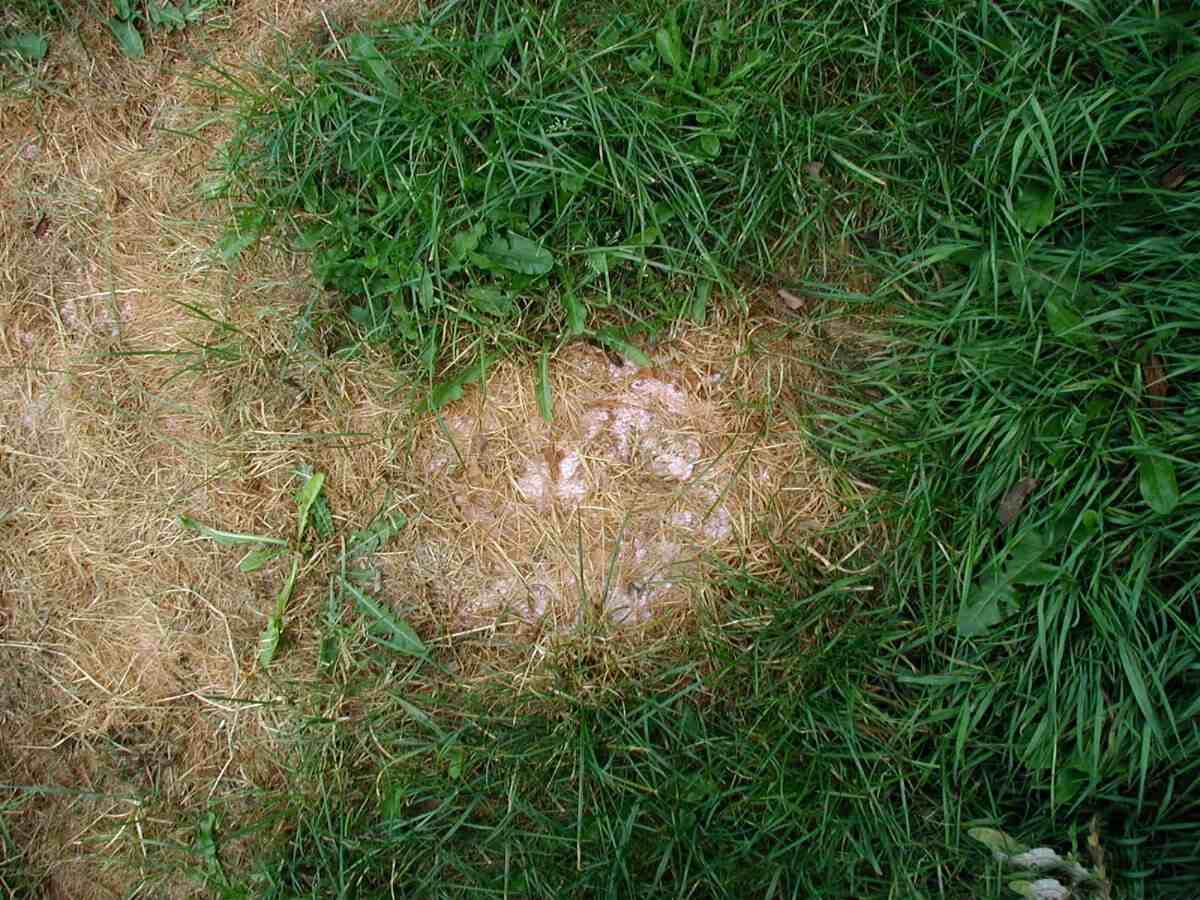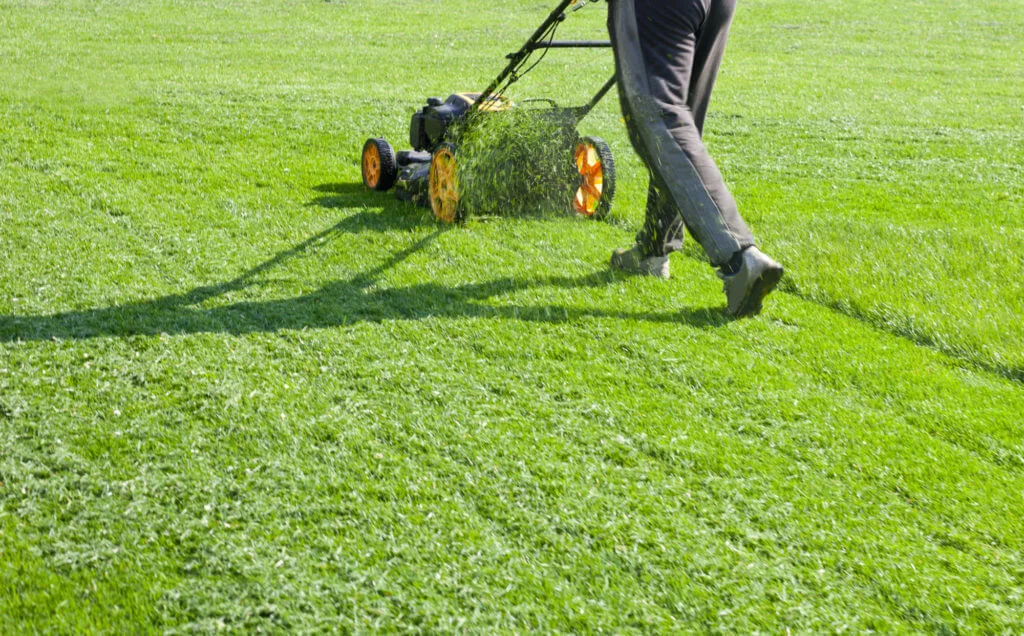Summer Lawn And Garden Care Tips
Last Updated on January 14, 2025 by Duncan
If you are like other homeowners, you want to keep your lawn beautiful even during the hot months of the year.
The cool thing is that there are plenty of ways in which to make it possible.
You need to water the lawn regularly, mow the lawn when the grass is tall enough, redistribute the grass clippings, undertake mulching, among many other things.
When maintaining the lawn, you should note that there are some things that you can do that will end up damaging your lawn.
For example, mowing the lawn too low, overwatering the lawn, and many other things.
Do you want to keep your lawn in top shape even during summer? Here are valuable summer lawn and garden care tips.

Water the lawn every day if it hasn’t rained
- If it hasn’t rained for the day, you should water your lawn. The best time to do it is early in the morning or late in the evening. The point of doing this is to prevent water from evaporating before it gets to the roots.
- When watering, take care that you don’t overwater the lawn.
- You should note that some areas have watering restrictions. For example, they have specific times when you should water the lawn. For you to avoid being on the wrong side, pay attention to the area restrictions.
Mow the lawn once a week
- For you to keep the lawn clean and healthy, you need to mow it at least once a week.
- The ideal height for the lawn depends on the type of grass that is on the lawn.
- Before you mow, ensure that the grass is at least 1/3 of its height before cutting
- You should avoid cutting the lawn too short as you risk exposing your grass to weeds and diseases.
- You should keep the lawn mower blades sharp at all the time. This not only makes mowing easy, it also ensures that the lawn is properly mowed.
- Lawnmowers are known to be noisy; therefore, you should always wear hearing protection. You can wear headphones, earplugs, or any other pieces of your choosing.
Redistribute the grass clippings
- After cutting the grass, you shouldn’t throw away the clippings. The best way out is to redistribute them across the lawn. The cut pieces will supply the soil with nutrients. They also will provide shade for your grass that promotes the growth of the lawn.
- For you to achieve this, you should avoid using lawn mowers that collect the grass in a bag.
Undertake mulching
- There are plenty of benefits that come with mulching. In addition to providing shade for your grass, it also prevents weeds from growing on your yard. Mulching has also been shown to add nutrients to the lawn.
- Experts have also been able to show that when you do mulching, you prevent runoff and soil erosion.
- When doing mulching, you should use 3 inches or less of it.
- Some people make the mistake of placing a piece of plastic under the mulch, but don’t do this. This is because it prevents nutrients from getting to the soil.
- You can make your own mulch, but if you don’t have one, you should ensure that you buy it from a reputable store. This is to prevent buying one that contains weed seeds that damage the look of the lawn.
Get rid of weeds
- Weeds are not only an eyesore; they also tend to draw nutrients from the grass. For you to keep the lawn healthy, you should get rid of any weeds that might be on your lawn.
- Make an effort of walking on your lawn at least once a week to find any weeds that might be there. As a rule of thumb, you should get rid of them. If you are weeding after the rain, you should simply pull up the roots. On the other hand, if you are weeding during the dry season, cut the weeds below the surface.
Fertilize the lawn
- You need to fertilize the lawn for you to keep it healthy.
- If possible, use organic fertilizers that are known to contain plenty of nutrients
- Before you settle on a given brand of fertilizer, first have the soil tested by an expert.


